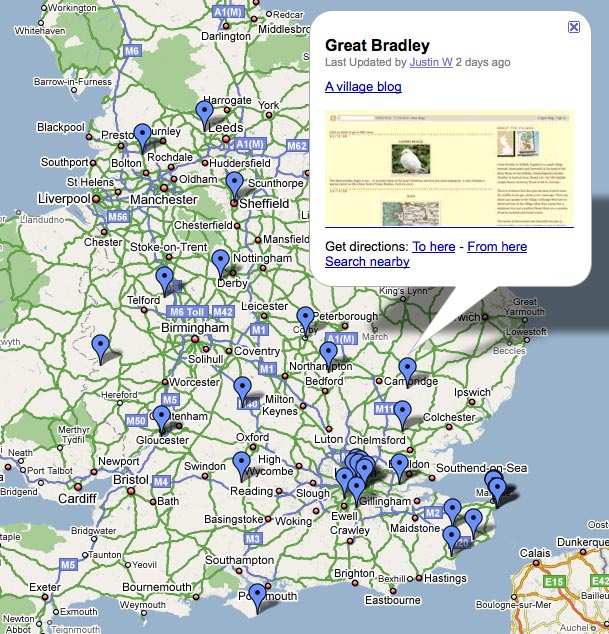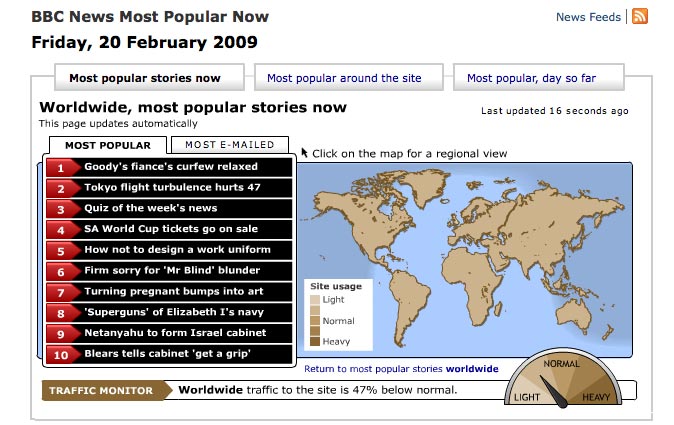Obama digital campaign ‘guru,’ Thomas Gensemer, has attracted a fair bit of attention with his arrival in London – check out the Guardian G2 feature and this article at TimesOnline, for example. A Guardian video can be watched here at this link.
Gensemer, whose company Blue State Digital built the Obama website and managed the online campaign, was also speaking at City University on Tuesday evening: at an event entitled ‘Obama’s (not so) Secret Weapon: the role of the internet in the 2008 US Presidential Election’.
His talk officially launched the journalism school’s new MA in Political Campaigning and Reporting. A video of the event can be watched here.
Etan Smallman was at the event, and shares his report with us here:
Plain old-fashioned email is the key tool for successful political campaigning in the digital age, the mastermind behind the Obama digital campaign, Thomas Gensemer, told an audience at City University this week.
Thomas Gensemer, managing partner of Blue State Digital, who built the highly acclaimed online operation, dismissed the impact of social networking in favour of ‘the simplicity of email’.
The message is ‘use tools, not gimmicks’, Gensemer said. “For all the talk of social networking, blogs, and mobile applications, email is still the ‘killer app’. Our email list of 13.5 million individual email subscribers was the backbone of the campaign,” he added.
“This is not a story about technology; this is not a story about Facebook or Twitter. This is about dynamic, personalised, two-way relationship via email,” he said. Gensemer said that more than a billion emails were sent out to over 13.5 million email subscribers throughout Obama’s presidential campaign. It resulted in my.barackobama.com raising half a billion dollars in donations.
The mainstream media is ‘still included in the cycle’, Gensemer said. “It is often that you’re bypassing them to get to the audience, and then encouraging the media to tell the story to the audience. You’re inverting the relationship a little bit. They don’t serve as the filter any more – when you have the engaged constituency online, you go directly to them.”
Gensemer, who previously worked in the UK on Ken Livingstone’s unsuccessful London mayoral campaign, is currently expanding his operation to the UK political arena by opening an office in London.

Some organisations still believe their audience isn’t online, he said. “It’s no longer the case in the ‘first world’. Even people over 70 – the ‘silver surfers’ – they’re out there. They’re willing to do something for you. They just need to be asked. This isn’t just about college kids. This isn’t just about bloggers in Westminster.”
“It is not about magical technology,’ he said, arguing that the key components to successful online campaigning are transparency and authenticity: “You can’t fake it,” he added.
“Do you really believe that the average MP is Twittering?” he asked. “Do you believe that Barack Obama Twitters? I’ll tell you, he doesn’t.”
New social media crazes like Twitter ‘tend to distract,’ Gensemer said.
“It tends to be from shiny object, to shiny object, to shiny object. For organisations that need to invest in deep personal relationships with a variety of people, just doing that sort of scattergun approach is dizzying.
“It burns through political capital pretty quickly because it doesn’t really talk to the people it’s trying to talk to,” he said.
“The lesson of the Obama campaign is to use tools to facilitate a message – don’t use gimmicks. None of this would have happened [just] because somebody was Twittering.”



